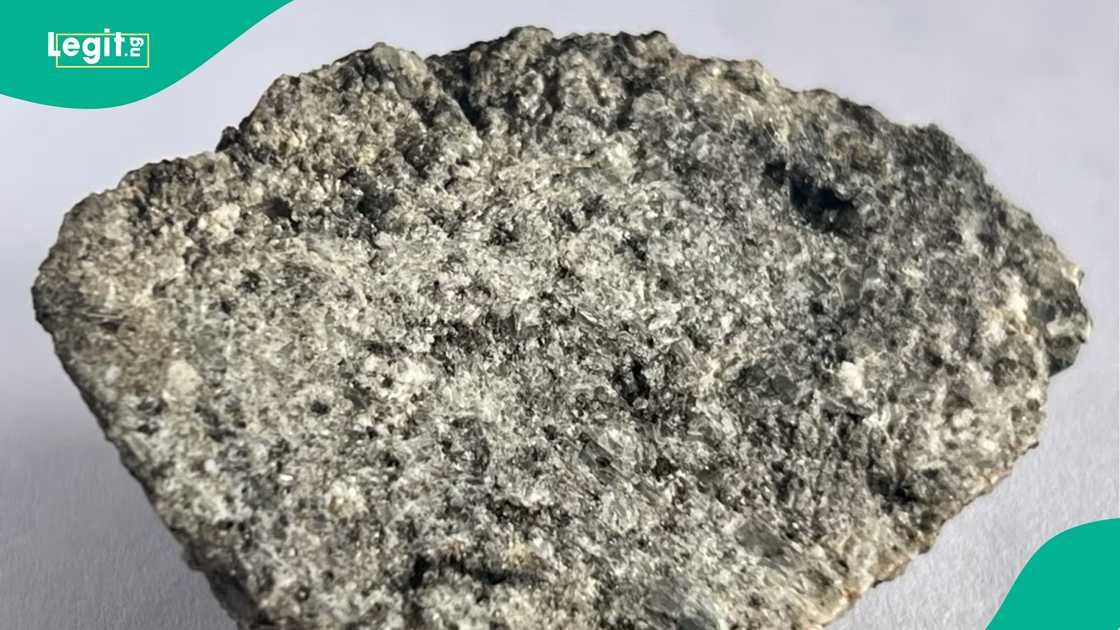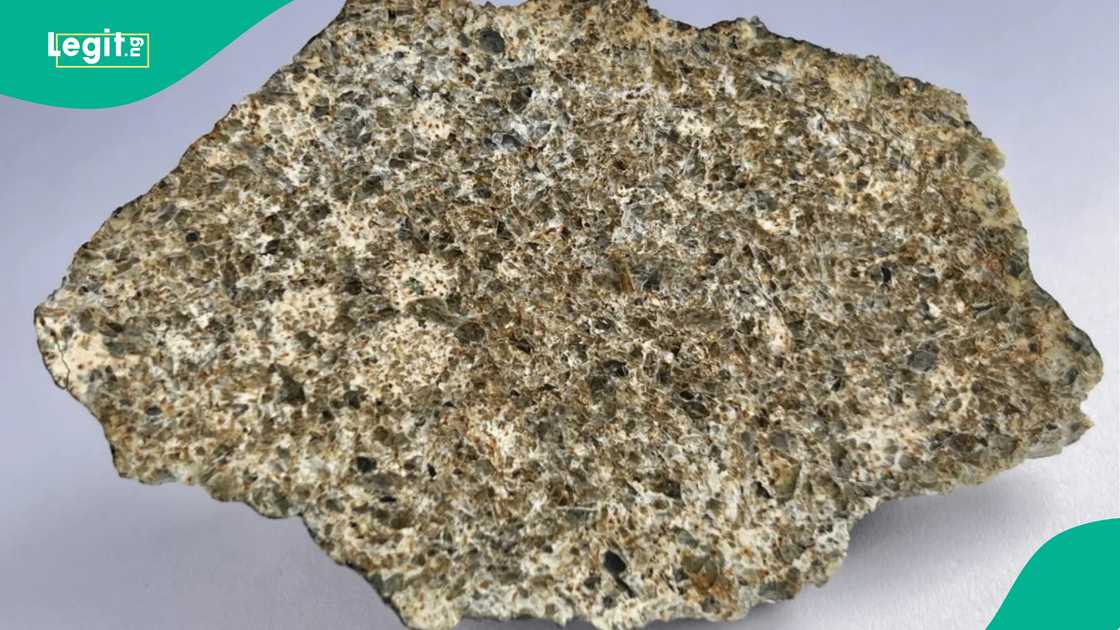Scientists Discover Rocks Believed To Have Fallen From Mercury in Sahara Desert
- A group of scientists studied two rock samples they believe may have fallen to Earth from Mercury
- According to a research published in the journal Icarus, the two rock samples were collected from the Sahara Desert
- The researchers believed there was some evidence pointing to the fact that the rock is of Mercurian origin
Researchers are closely studying two rock samples, which they believe originate from Mercury.
The researchers published their findings in the journal Icarus, noting that the rocks provide evidence suggesting they are from Mercury.

Source: UGC
According to Ben Rider-Stokes, a postdoctoral researcher in achondrite meteorites at the UK’s Open University and lead author of a study on the Sahara meteorites, the meteorites were found in the Sahara Desert.
The two meteorites were found in 2023, and they were named Northwest Africa 15915 (NWA 15915) and Ksar Ghilane 022 (KG 022).
The researchers, however, warn that there is no sound evidence that the meteorites were indeed from Mercury as there is little study about the planet due to difficulties in reach it.
Rider-Stokes said:
“Until we return material from Mercury or visit the surface, it will be very difficult to confidently prove, and disprove, a Mercurian origin for these samples.”
One of the doubts raised by the researchers is about the age of the meteorites, which are 4.5 billion years old. Mercury itself is 4 billion years old, so a rock from the planet cannot be older than the planet itself.
Rider-Stoke said:
“They are about 4.5 billion years old and most of Mercury’s surface is only about 4 billion years old, so there’s a 500 million-year difference.”
However, he insists the samples have some particles which make them believe it is likely from the planet.
He noted:
“That’s what’s so exciting about the samples that we studied — they have sort of the perfect chemistry to be representative of Mercury."
However, Sean Solomon, principal investigator for NASA’s MESSENGER mission to Mercury, told CNN that the two meteorites most likely did not come from Mercury.
He said, per CNN:
“Nonetheless, the two meteorites share many geochemical characteristics with Mercury surface materials, including little to no iron … and the presence of sulfur-rich minerals. These chemical traits have been interpreted to indicate that Mercury formed from precursor materials much more chemically reduced than those that formed Earth and the other inner planets.
"It may be that remnants of Mercury precursor materials still remain among meteorite parent bodies somewhere in the inner solar system, so the possibility that these two meteorites sample such materials warrants additional study.”

Source: UGC
Elon Musk's Starship explodes midair
Earlier, Legit.ng reported that Elon Musk's Starship exploded mid-air after taking off during the giant ship's 8th flight test on Thursday, March 6.
The Starship was aimed at taking humans to Mars and colonising it for human habitation, in line with Elon's mission.
The Starship, which had 33 Raptor engines, did not complete the test flight as it exploded mid-air, after nine minutes.
Proofreading by Funmilayo Aremu, copy editor at Legit.ng.
Source: Legit.ng



